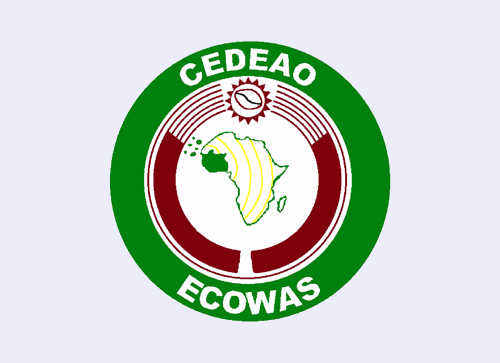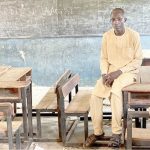The Economic Community of West African States (ECOWAS) has said that children in the region, including Nigeria still lack access to health services mainly due to insecurity and other forms of conflict in the region.
Director, Political Affairs, ECOWAS Commission, Dr. Remi Ajibewa, said this on Monday in Abuja at an event to commemorate the 2022 ECOWAS Human Rights Day, organised in collaboration with the Centre for Democracy and Development (CDD-West Africa).
- Insecurity: CDD gets UK grant on peacebuilding
- ECOWAS considers common approach to ease migration challenges
Ajibewa, who spoke on the theme of the event “Guaranteeing Child Rights to Health for an inclusive Community Development”, said that poor funding of the health sector by governments is also an issue of great concern.
He also said that from child soldiers, trafficking, prostitution, forced labor to activities of ritual killers, children’s rights issues hardly receive proper attention in the region.
Ajibewa, however said that the mirage of not attending to the concerns of enforcement of child rights have often led to situations where children are forced to suffer a great deal of health concerns and a consequential loss of their lives.
“Ebola epidemic in West Africa revealed missing health services in areas with the highest maternal and perinatal mortality rates in the had been improving and each year across the region, the estimated 800,000 women who give birth became more likely to receive free care in a health centre assisted by skilled staff, to promote babies’ right to life.
“Despite this progress, diseases like pneumonia, diarrhea, malaria and HIV have continued to be the causes of death in infants and young children across the region.
“There are still very limited healthcare and sanitation services, basic resources such as clean water and soap, and limited common knowledge about how to prevent and treat diseases. Infection spreads rapidly among malnourished people with low resistance to disease living in
crowded slums,” he said.
On her part, the CDD Director, Idayat Hassan, lamented that children and women top the list of the most affected in the ongoing armed conflict rampaging the region, adding that due to the conflict, adequate access to health or medical care is not available.
“There is also the impact of the covid-19 pandemic and its variations, as well as other diseases, of which the children have not been spared. If the effect is not directly on them, it may involve the parents or caregivers,” she said.
Also, the Country Director, Amnesty International Nigeria, Mrs. Ossai Ojigbo, said that many West African countries had not make true their commitment in a number of international and regional treaties, protocols and conventions they signed up to.
She said the treaties include the UN Convention on the Rights of the Child, African Charter on the Rights and Welfare of the Child as well as the ECOWAS Protocol on Democracy and Good Governance.
“These West Africa countries are also part of Abuja declaration which said at least 10 per cent of a country’s health budget should be allocated to health. Many countries on this continent has not met that minimum allocation.
“What this means is that our health services continue to be based on private provision of services which is also a violation of our Right to Health. And so, if health services are not even getting the minimum standards that is required which African states agreed to you can only imagine how children health provision is being catered for,” Ojigbo said.
She said that the long-time impact of negligence to child right by government in the region was already been felt in the region with Africa having the highest number of out-of-school children and children suffering from nutrition.
She said, “We are dealing with many issues ranging from insecurity and instability in the region and this has impacted on children’s education, safety but we know that ultimately that if children health is prioritized it means government will take care of all their needs. Right now, that is not happening. What they need to do is re-prioritized. For instance, there is already heavy investment on military expenditure but the best way to keep people safe is to improve their socioeconomic conditions.”

 Join Daily Trust WhatsApp Community For Quick Access To News and Happenings Around You.
Join Daily Trust WhatsApp Community For Quick Access To News and Happenings Around You.


